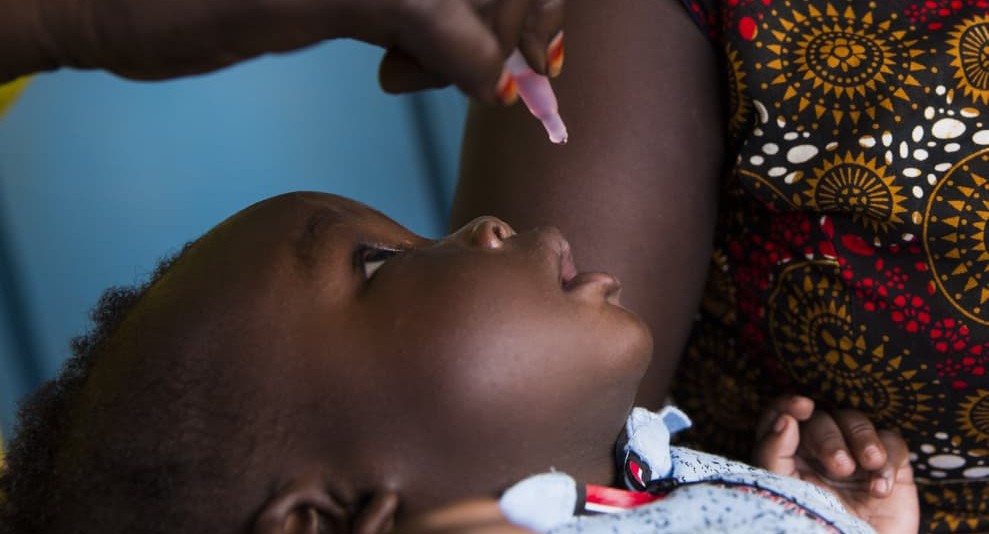
South Sudan’s Ministry of Health has rolled out a nationwide campaign tackling two major public health threats simultaneously—polio and schistosomiasis.
Launched on Tuesday in partnership with the World Health Organisation (WHO) and UNICEF, the four-day campaign will run from 23 to 26 September, aiming to reach millions of people across 40 counties.
Officials said more than 2.1 million children under five will receive the novel oral polio vaccine type 2 (nOPV2), while an estimated 1.2 million people in high-risk areas will be treated against schistosomiasis with Praziquantel tablets.
“This dual strategy aims to overcome the challenges of reaching populations in difficult-to-access areas and improving vaccination coverage to stop outbreaks,” said Health Minister Sarah Cleto Rial.
“We urge parents and communities to ensure every child is vaccinated to protect the future of our children.”
The schistosomiasis response will be concentrated in Awerial, Renk, and Bor South counties, including 11 Payams where communities face high exposure to unsafe water sources.
WHO Representative Dr. Humphrey Karamagi hailed the campaign as a milestone in South Sudan’s fight against polio.
“Thanks to collective efforts under the Ministry of Health, our resolve to fight polio has been consistent and unrelenting. We have strengthened surveillance, trained healthcare workers, and built the capacity to respond quickly to any new cases,” he said.
UNICEF also welcomed the initiative as a step toward securing children’s rights.
“Every child has the right to health and to thrive. This campaign tackles two significant barriers to that right,” said Acting UNICEF Representative Mr. Obia Ochieng.
The campaign is supported by the Global Polio Eradication Initiative (GPEI), which is providing not only vaccines but also technical and logistical support to strengthen South Sudan’s health system.
Health experts say the integrated approach offers a cost-effective way to maximize impact, ensuring that life-saving interventions reach vulnerable communities despite challenges of limited infrastructure and insecurity.

